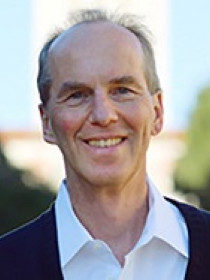Connect with Kurt
About Kurt
Weyland has conducted research in Argentina, Bolivia, Brazil, Chile, Costa Rica, Peru, and Venezuela. His particular interests have been external influences on domestic developments. His second area of research concerns populism, a political strategy in which personalistic leaders base their quest for power on widespread but heterogeneous and weakly organized mass support.
Contributions
In the News
Kurt Gerhard Weyland's research on , "Paul Ryan and the Dreamers," The New York Times, February 13, 2018.
"Brazil's Workers' Party May Soon be Forced to Start Pondering Life after Lula," Kurt Gerhard Weyland, World Politics Review, January 31, 2018.
"There are 4 Big Barriers to the Populist Model in America (and Your Democracy is Safe)," Kurt Gerhard Weyland, The Washington Post, August 11, 2017.
